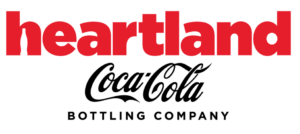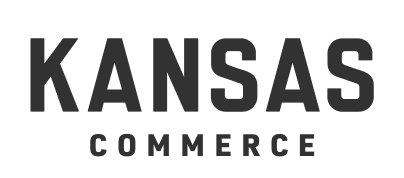Business News
 Governor Kelly Celebrates Grand Opening of Panasonic EV Battery Manufacturing Facility in De Soto
July 14, 2025
Governor Kelly Celebrates Grand Opening of Panasonic EV Battery Manufacturing Facility in De Soto
July 14, 2025
 Governor Kelly Announces Grand Opening of Heartland Coca-Cola Olathe Production Campus
June 10, 2025
Governor Kelly Announces Grand Opening of Heartland Coca-Cola Olathe Production Campus
June 10, 2025
 Merck Animal Health Investing $895M in De Soto Plant Expansion
May 08, 2025
Merck Animal Health Investing $895M in De Soto Plant Expansion
May 08, 2025
 Governor Kelly Announces Fiserv to Open Strategic Fintech Hub in Kansas; Create 2,000 Jobs
April 21, 2025
View All
Governor Kelly Announces Fiserv to Open Strategic Fintech Hub in Kansas; Create 2,000 Jobs
April 21, 2025
View All
Notices
Governor Kelly Celebrates Grand Opening of Panasonic EV Battery Manufacturing Facility in De Soto Governor Laura Kelly and Lieutenant Governor and Secretary of Commerce David Toland along with many federal and state dignitaries today celebrated with Panasonic Energy the grand opening of the largest electric vehicle (EV) battery manufacturing plant in the United States. KANSASWORKS Highlights Career Opportunities at Upcoming Virtual Job Fair Lieutenant Governor and Secretary of Commerce David Toland encourages jobseekers and employers searching for available talent to take part in this month’s Virtual Statewide Job Fair, hosted by KANSASWORKS, from 8:00 a.m. to 5:00 p.m. Wednesday, July 16. Commerce Groundbreaking ROI Study on Registered Apprenticeships Lieutenant Governor and Secretary of Commerce David Toland today announced the release of a study recognizing the positive return on investment (ROI) companies receive by participating in registered apprenticeship programs. 2025 Sunflower Summer Free Program Opens Statewide on July 12 Kansas Tourism is excited to announce the launch of the 2025 Sunflower Summer program, inviting Kansas families to enjoy a season packed with unforgettable adventures across the state. View AllOur Department
Menu
Business in Kansas
Quality of Life Demographics Skilled Workforce Infrastructure Incentives & Financing Taxes, Credits, & Exemptions Entrepreneurial Culture Sites & Buildings International To The Stars: Kansas Business Awards Key Industries Advanced Manufacturing Corporate & Professional Services Logistics & Distribution Food Processing and Manufacturing Aerospace & Defense Animal Health Bioscience Agriculture Energy & Natural Resources Business News
Sitemap ․ Accessibility ․ Privacy Policy ․ Cookie Policy ․ Terms of Use ․
All content © 2006-2025 Kansas Department of Commerce, KS and its representatives. All rights reserved.


